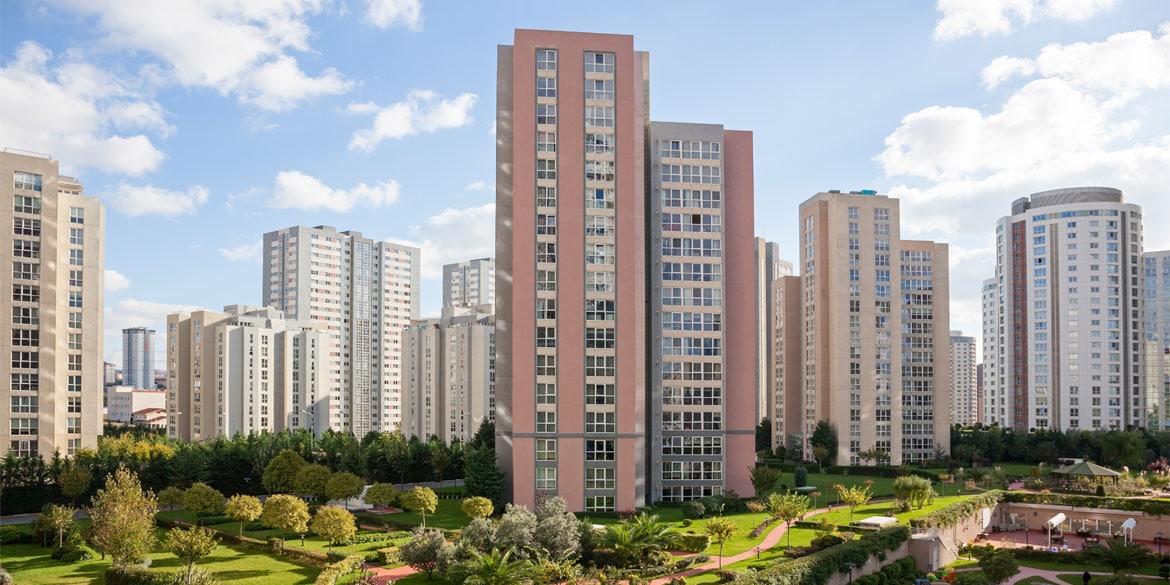The Right to Manage vs leasehold enfranchisement
Leaseholders of flats who want more control over their block have two options; Leasehold Enfranchisement, under the Leasehold Reform, Housing and Urban Development Act. This involves the collective purchase of their freehold. Alternatively leaseholders can apply for the ‘right to manage’ their building under the Commonhold and Leasehold Reform Act 2002.
The right to manage
The right to manage enables a group of leaseholders to manage the block themselves, or appoint a managing agent on their behalf. Unlike collective enfranchisement, the right to manage does not give the leaseholder control of the freehold, nor does it grant lease extensions without further premiums payable to the freeholder.
Leasehold enfranchisment
For leaseholders with shortening leases, particularly those approaching 80 years remaining, it is worth noting that collective enfranchisement can be achieved for a premium similar to that for a lease extension (although in some cases it can be substantially more). For leaseholders looking for more control over their building, it is worth considering if collective enfranchisement or the right to manage is the way to go.
The benefits of buying the freehold
Whilst potentially expensive and time consuming to complete, collectively buying your freehold gives you freedom from your current freeholder. Benefits include more control, a potential increase in property value and reduced scope for disputes.
- Control. Leaseholders can be charged ground rent, management fees and building insurance at an inflated rate by landlords. Owning your freehold will give you more control over the cost of running and maintaining your building meaning you can source the best value for money when appointing suppliers. You will also be responsible for ensuring all accounts, insurance and administration is in order for the freehold company to manage the building.
- Value. You can expect to add value to your flat by owning the freehold. Identical flats with the same number of years left on their leases will be more valuable should a share of the freehold be offered. It is not uncommon for the freehold to add 1% or more to the value of the flat.
- You will also see a reduction in outgoings as you will no longer be required to pay ground rent.
- Once you own the freehold you can extend your lease to 999 years for free, only paying legal and registration fees.
- Reduce disputes. Disputes with landlords over service charges and maintenance are common place. Owning the freehold will mean you take on the responsibility for these areas together with the other participating leaseholders, who assume the role of the freeholder.
Why exploring your ‘right to manage’ may be a better option
If you are a leaseholder that is looking to have more control over your flat, but you do not want to buy the freehold, you can apply with other leaseholders for the ‘Right to Manage’. Right to manage requires that 50% of flat owners must participate and the building must satisfy a few other criteria, such as a maximum of 25% of the floor area can be commercial and you may not be eligible if the freeholder is still in residence. You will also need to set up a company that will require directors and follow company law and the Articles of Association.
Benefits include cost efficiency, control, speed, less negotiation.
- Cost efficient. Buying your freehold can cost tens of thousands of pounds. Invoking your right to manage is free, save for legal and registration fees. This cost is still significantly cheaper than the costs associated with buying the freehold and collective enfranchisement. Unlike becoming a freeholder, you will still have to pay ground rent to the building owner and your lease will continue to shorten.
- Control. The right to manage means you will be able to control service charges. This will give you the opportunity to choose your own service providers and manage the block how you and your fellow leaseholder want it to be managed.
- Quick. The right to manage process is quicker than collective enfranchisement. This route typically takes around five to six months from your first discussion with your solicitors, whereas collective enfranchisement can take up to a year or more.
- No price negotiations. When you make an offer to buy your freehold, the existing freeholder is entitled to dispute the offer and have their own valuations carried out. In some cases negotiations can be protracted, taking months, and may even result in referring the matter to a tribunal. All of this time incurs more costs. Exercising your Right to manage is usually less protracted, although you are still entitled to support from a tribunal to determine the management.
Need advice or services?
We have an experienced team of surveyors specialising in collective enfranchisment and your Right to Manage operating throughout London, Buckinghamshire, Surrey, Hampshire, Oxfordshire and Hertfordshire. Use our contact form to get in touch with Nathan Hall, Head of General Practice.
Want to hear more?
If you found this article helpful and would like to receive more posts like this directly to your inbox, subscribe to receive our quarterly newsletter or follow us on twitter @KemptonCarr and like us on facebook to see them first.
